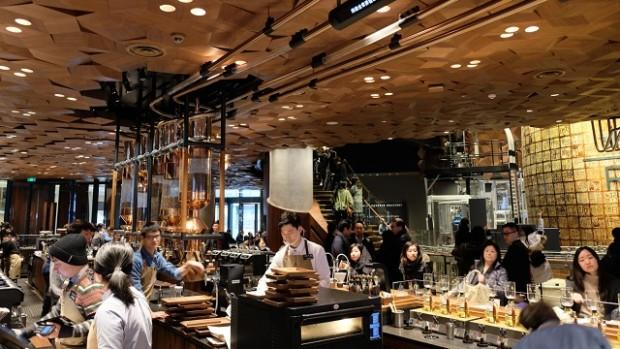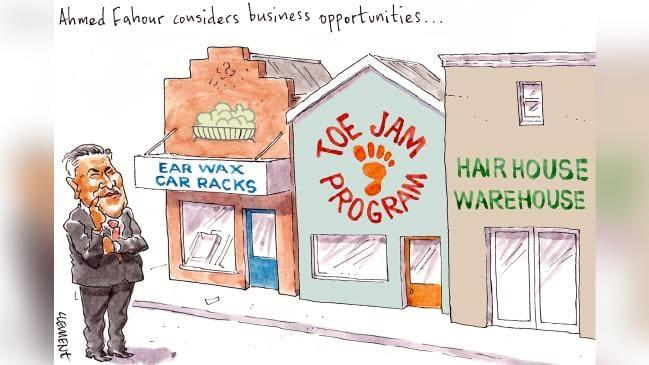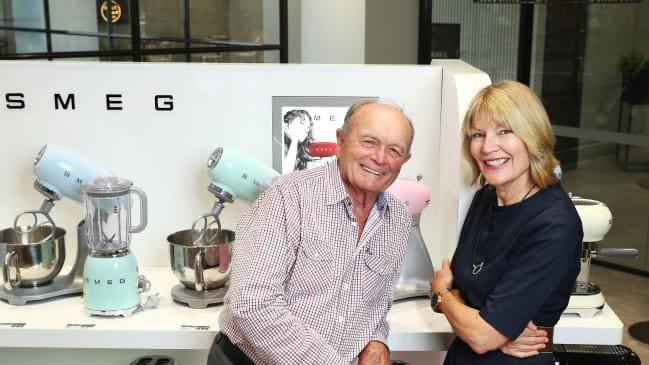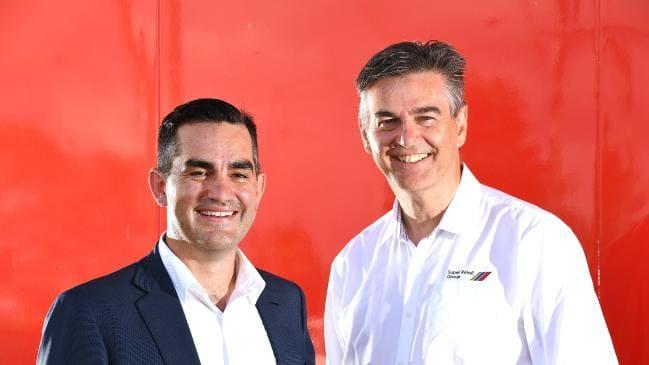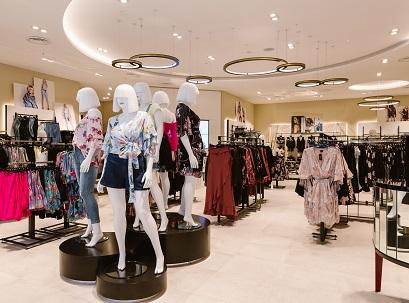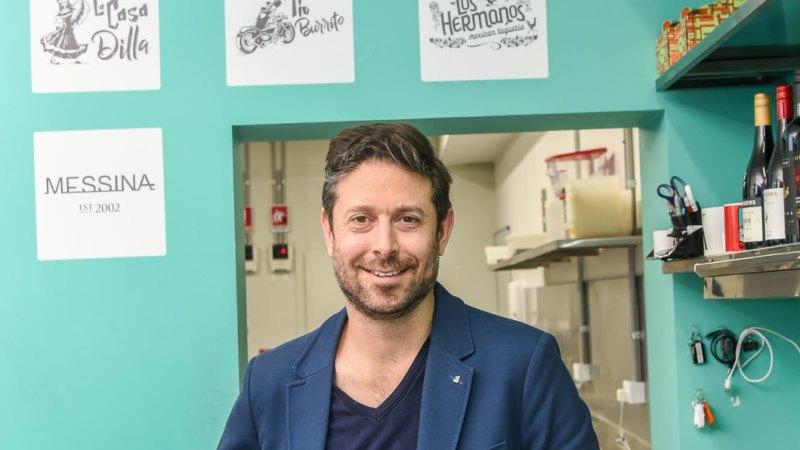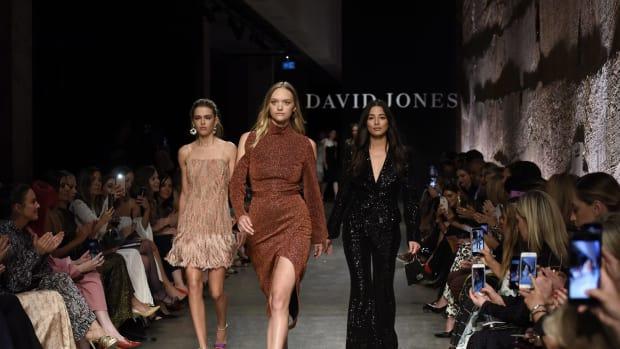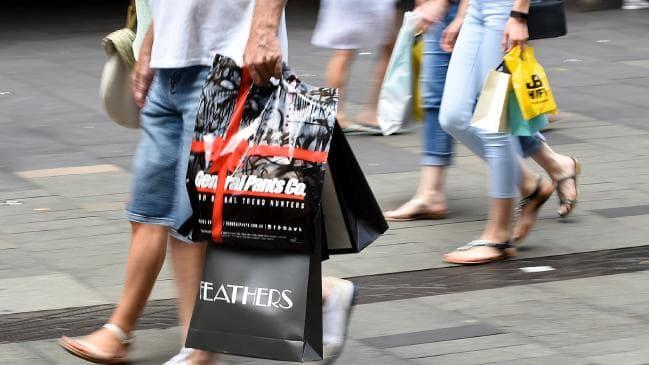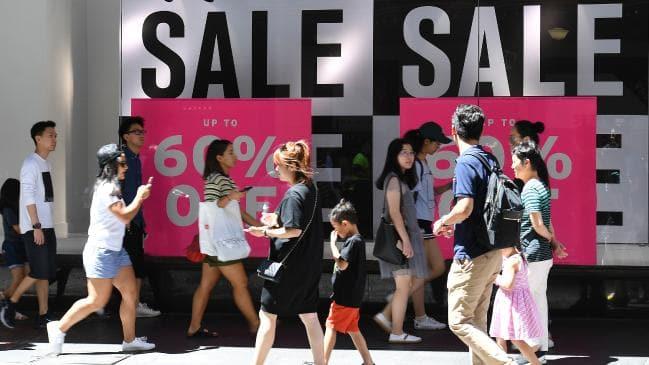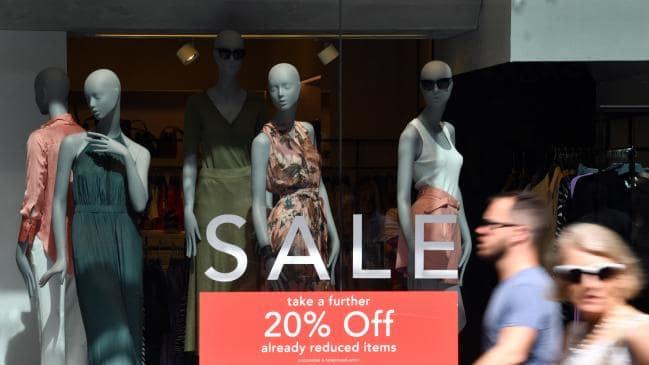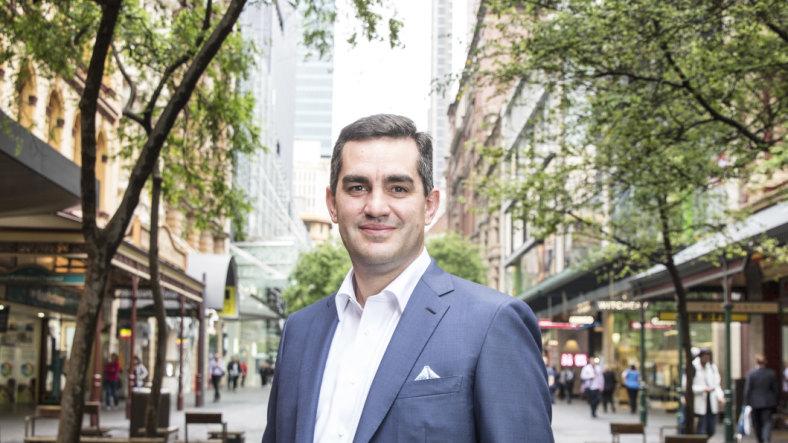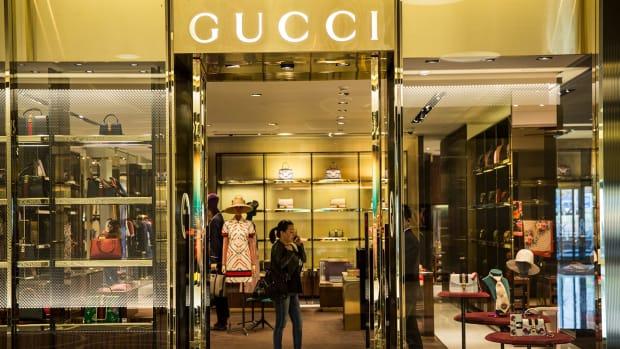
London | China's shiny economic miracle may be at its dullest for a decade, but somebody forgot to tell the country's bling-happy upmarket shopaholics. They are still stocking up on $3000-plus handbags from Gucci, Hermès and Louis Vuitton, creating a glitzy bright spot in an otherwise gloomy European economic outlook.
Gucci owner Kering was on Tuesday the latest company to share some goods news from the Far East with its investors. The French company posted a 25 per cent jump in reported sales to €3.8 billion ($6.1 billion) in the fourth quarter of last year, with Gucci's Asia-Pacific sales growth motoring along at an annual rate of 45 per cent.
"Sales among our Chinese clientele remained very dynamic in the fourth quarter, even with a high comparison base," said financial director Jean-Marc Duplaix.
Women's 'Arli' shoulder bags, by Gucci, are charging out the doors of Chinese shops, filling the coffers of European conglomerate Kerang. Taylor Weidman
His boss, chairman and CEO Francois-Henri Pinault - does anyone have a single-barrelled first name at Kering? - said the trend was set to continue: "In terms of the momentum with Chinese clients, it's very strong."
Gucci is apparently not the brightest star in the Chinese handbag firmament these days, so Kering is looking to push on into perfume, beauty, jewellery and travel retail – you name it, really.
A few days earlier, LMVH – owner of Louis Vuitton and Christian Dior – also waxed enthusiastic on China. The Asia-Pacific was its fastest-growing market, with sales revenue climbing 5.5 per cent to €13.7 billion – pulling away in size terms from the US market that used to be its equal.
"The Asian market, in particular the Chinese market, is very buoyant indeed," said LMVH chief executive Bernard Arnault.
Hermès, whose Birkin bags change hands for eye-watering sums, also enjoyed a stunning quarter: 13 per cent sales growth in non-Japan Asia, and a new e-commerce site in China to boot.
"We are still growing strongly in Asia; we did not see any change in momentum in our stores in China," said CEO Axel Dumas.
Finally, Swiss firm Richemont, purveyor of Jaeger-Lecoultre watches and Montblanc pens, said its Asia-Pacific sales growth excluding Japan rose 17.5 per cent in the fourth quarter to €1.39 billion, despite an apparent shift in Chinese consumer preference from watches to handbags.
An accepted data point is that Chinese shoppers account for more than a third of global demand for luxury goods. So the European deluxe sector has been watching the region with as much furrow of their collective brow as the Botox allows.
China's fourth-quarter GDP growth of 6.4 per cent was the slowest since the global financial crisis, and the annual rate of 6.6 per cent was the slowest in 28 years.
Retail sales, though, bucked the downtrend, rising 8.2 per cent for the year. Rural consumers got in on the act, outpacing their urban peers and perhaps investing in their first Philippe Patek.
But not all companies shared in the luxury goods makers' bonanza. Apple reported a 27 per cent drop in gadget sales in the fourth quarter.
"While we anticipated some challenges in key emerging markets, we did not foresee the magnitude nor the economic deceleration, particularly in greater China," Apple CEO Tim Cook wrote to investors.
It's possible Chinese consumers are happy to buy a different phone or tablet, while seeing no possible substitute for a Birkin bag or a pair of Gucci glasses.
So while the European leaders fret about their lack of infrastructure titans to take on the US and Chinese conglomerates, there is still one industry where the old Continent bags the global top spot: when it comes to the fashionable and frivolous, the French still rule the roost.



